SCOPE OF PRACTICE
SCOPE OF PRACTICE
The Scope of practice of Traditional Natural Medicine consists of the assessment of body systems and biochemical imbalances through traditional natural medicine techniques, and the use of traditional natural medicine therapies and techniques to promote, maintain or restore health. These therapies include but not limited to:
Natural Medicine - Assessment
Non-invasive traditional functional assessment techniques, including basis vital signs which are standard in most healthcare and wellness settings:
1. Body temperature
2.Heart Rate or Pulse rate
3 Respiratory rate
4. Blood pressure
5. Oxygen level
Physical/Anthropometric assessment (height, weight, circumference of waist, wrist, and hip), noting physical appearance, as well functional as techniques such as; tongue, eye, skin assessment, nutritional interpretation of standard lab findings. Nutritional and dietary analysis, metabolic analysis, and non-invasive allergy screening.
NOTE: Traditional Natural Medicine/ Naturotherapy Practitioners are NOT allopathic Medical Doctors (MD) and must not engage in any allopathic medical practices unless licensed to do so.
Traditional Natural (Nature's) Medicine practitioners are clinically trained in the use of the following wide natural techniques:
Nutrition and Diet:
Natural Medicine Practitioners understand that nutrition is the basis of health. Adopting a healthy diet is often the first step towards correcting health problems. Many health challenges can be reversed with foods and nutritional supplements than they can by other means, with fewer complications and side effects. Practitioners may use specific individual diets, fasting, and nutritional supplements to support their clients.
Herbal preparation:
Plants have healing properties known since the age of man and were one of the first forms of medicine. Many pharmaceutical drugs have their origins in plant substances. Plant substances are used for their healing effects and nutritional values.
Homeopathic Preparation:
Homeopathic medicines are very small doses of natural substances that can stimulate the body’s self-healing response without side effects. Some conditions for which conventional medicine has no effective treatments will respond well to homeopathy.
Natural (Nature's)Medicine Practitioners are not specialists in homeopathic diagnosis but are allowed to dispense combination homeopathic remedies.
Manual Techniques:
Natural (Nature's)Medicine practice includes methods of manual techniques of; soft tissues, joints, and bones, including, but not limited to instruction on exercises, aromatic (body) application, laser therapy, micro-current therapy, acupressure and other non-invasive manual techniques, hydrotherapy, electro-therapies, and ultrasound.
Health Coaching:
Natural (Nature's) Medicine Practitioners are trained in counseling, nutritional balancing, stress management, hypnotherapy, and biofeedback techniques. They also attend to environmental and lifestyle factors that affect their client’s health.
Emergency Medicine:
Natural (Nature's)Medicine Practitioners must be trained in wilderness medicine and or basic first aid and CPR and hold a current certificate of registration to practice.
ADDICTIONS COACHING/MANAGEMENT
SCOPE: lifestyle Management counseling, stress management techniques, nutritional counseling, hypnotherapy and bio-feedback, Auricular techniques for addictions and stress such as the Nada, and Clinics for Humanity (TM) protocols, auricular therapy (tacks and seeds, magnets etc.) as well as counseling on environmental factors affecting wellbeing.
Designation: CAMP© Certified Addictions Management Practitioner
Note: Addictions Management Practitioners in Ontario-Canada
(5) A person is exempt from subsection 27 (1) of the Act for the purpose of performing acupuncture, a procedure performed on tissue below the dermis if the acupuncture is performed as part of an addiction treatment program and the person performs the acupuncture within a health facility.
Please see link here
Clarification on Tongue and Pulse Assessments
Pulse Assessment
Pulse assessment dates back to antiquity, Avicenna (981–1037 CE) Egyptians, Indian system of medicine, African system of medicine, Chinese system and many other but was made popular in western by the Santorio (29 March 1561 – 22 February 1636).
Pulse assessment is a tool within the scope of practice of all healthcare professions, regulated or non-regulated. It is within the scope of practice of western traditional natural (Nature’s) health practitioners in North America since its inception.
Tongue Assessment:
The widespread adoption of tongue examination as part of western medical practice appears to be peculiar to the nineteenth and early twentieth centuries and extended to the Americas and Europe. John Haller, in a brief paper, suggests an eighteenth-century origin, although the clinicians he credits with its dissemination – John Abernethy (1764–1831) and François Broussais (1772–1838) – were, in terms of their working lives, largely early nineteenth-century. Tongue inspection, however, can be traced back to antiquity times within all cultures.
Tongue assessment is a tool within the scope of practice of all healthcare professions regulated or-non-regulated. It is within the scope of practice of natural(Nature’s) health practitioners in North America since its inception.

